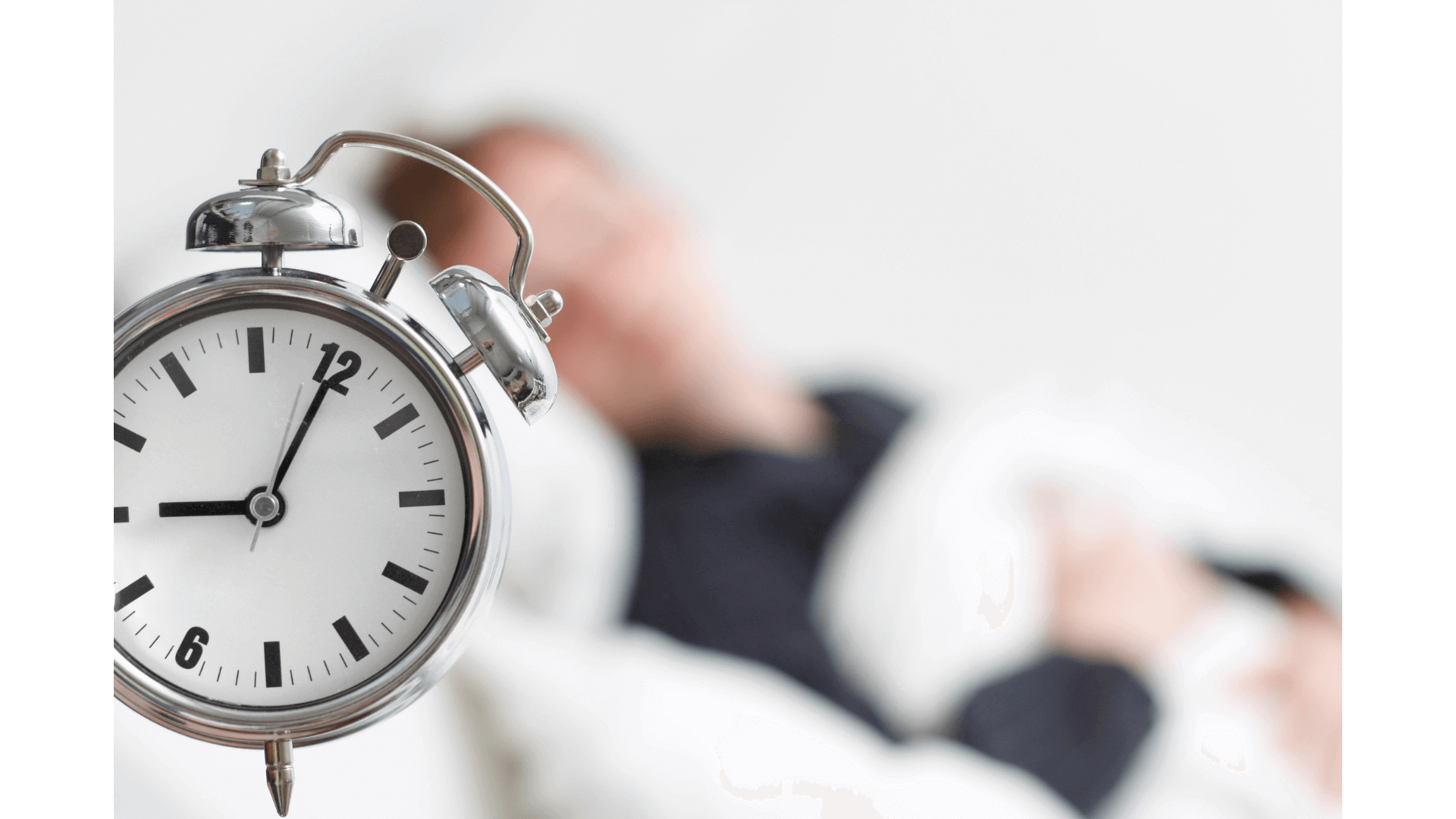Introduction
Sleep is a fundamental aspect of our lives, and the quality of our sleep can significantly affect our daily activities and overall well-being. However, due to various reasons, our sleep schedule can get disrupted, leading to insomnia, daytime sleepiness, and a general feeling of unproductiveness. If you find yourself in a situation where your sleep schedule is completely off track, fret not! In this article, we will explore effective strategies to fix your sleep schedule in just one day.
Understanding the Importance of a Consistent Sleep Schedule
A consistent sleep schedule is crucial for maintaining a healthy circadian rhythm. Your body has an internal clock that regulates sleep and wake patterns. When you have a regular schedule, your body aligns with this clock, making it easier to fall asleep and wake up at the desired times.
The Negative Effects of an Irregular Sleep Schedule
An irregular sleep schedule can lead to a host of problems. It can disrupt your body’s natural rhythms, resulting in poor sleep quality, mood swings, and decreased cognitive function. Chronic sleep deprivation can even lead to more severe health issues, such as obesity, heart disease, and diabetes.
Why Your Sleep Schedule Is Off
Before you can fix your sleep schedule, it’s essential to identify the underlying reasons for its disruption. Common factors include stress, travel, work shifts, or medical conditions like sleep apnea. Addressing the root cause is the first step toward a healthier sleep pattern.
Overcoming Sleep Disorders and Medical Conditions
If you suspect a sleep disorder or a medical condition is contributing to your disrupted sleep, it’s vital to consult a healthcare professional. Diagnosing and treating these issues can significantly improve your sleep quality and overall health.
Tips for Fixing Your Sleep Schedule
Now, let’s dive into some practical steps you can take to fix your sleep schedule.
Gradual Adjustments to Your Sleep Pattern
One of the most effective methods is to gradually adjust your sleep pattern. Start by going to bed and waking up 15 minutes earlier each day until you reach your desired schedule. This gradual shift is less disruptive to your body’s internal clock.
The Role of Light Exposure
Light exposure plays a significant role in regulating your circadian rhythm. During the day, get plenty of natural light, and in the evening, reduce exposure to artificial light. This can help signal to your body when it’s time to sleep and wake.
The Power of Naps
Strategic napping can help you get through the day when you’re transitioning to a new sleep schedule. Short power naps (20-30 minutes) can boost your energy without interfering with your nighttime sleep.
Diet and Exercise for a Better Sleep Schedule
Your diet and physical activity can influence your sleep patterns.
Foods to Promote Good Sleep
Avoid caffeine and heavy meals close to bedtime. Opt for foods rich in tryptophan, like turkey and bananas, which can promote better sleep.
Physical Activity and Its Impact on Sleep
Regular exercise can improve the quality of your sleep. However, avoid vigorous workouts right before bedtime, as they may energize you and make it harder to fall asleep.
Creating a Relaxing Bedtime Routine
A calming bedtime routine can signal to your body that it’s time to wind down.
Digital Detox and Reducing Stimulants
Avoid screens and stimulants like caffeine before bedtime. Instead, engage in relaxing activities like reading, taking a warm bath, or practicing mindfulness.
Final Thoughts on Regulating Your Sleep Pattern
In conclusion, fixing your sleep schedule in one day might be challenging, but it’s entirely possible with the right strategies. Remember that consistency is key, and over time, your body will adjust to your new schedule, allowing you to enjoy better sleep and improved well-being.
Frequently Asked Questions
- Can I really fix my sleep schedule in one day? While one day might not be enough for a complete adjustment, you can make significant progress towards a better sleep schedule by following the tips in this article.
- What’s the ideal duration for a power nap? A power nap typically lasts between 20 to 30 minutes, as this duration allows you to recharge without entering deep sleep.
- Is it essential to consult a healthcare professional for sleep issues? If your sleep issues are persistent and affecting your daily life, it’s advisable to seek professional help for a proper diagnosis and treatment.
- Are there any natural sleep aids that can help with sleep quality? Yes, natural sleep aids like chamomile tea and lavender aromatherapy can promote relaxation and improve sleep quality.
- How long does it take for the body to adjust to a new sleep schedule? The time it takes for your body to adjust to a new sleep schedule can vary from person to person, but consistent efforts can expedite the process.
Incorporating these strategies into your daily routine can help you get back on track with your sleep schedule and enjoy better rest, leading to a healthier, more productive life.






